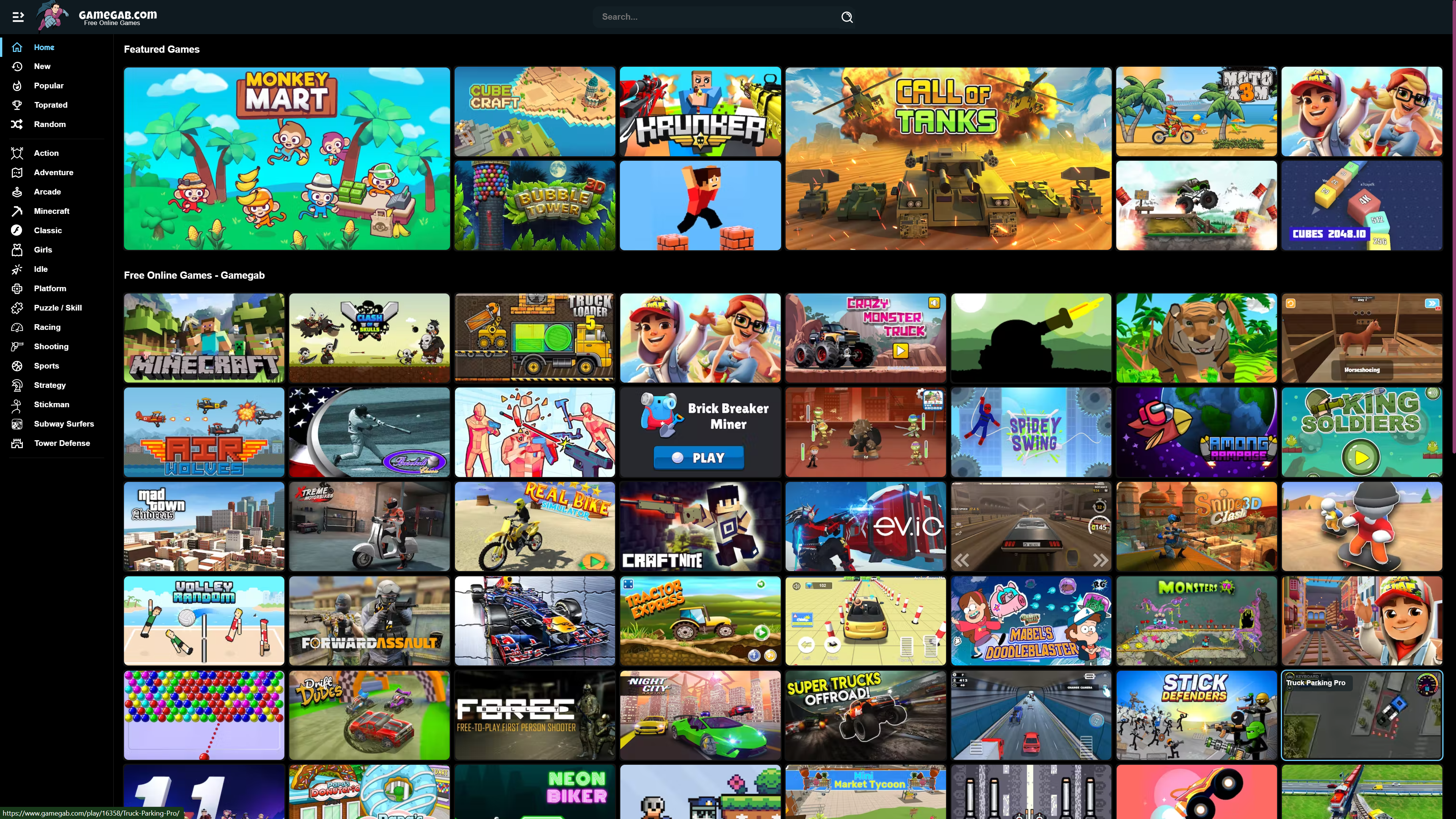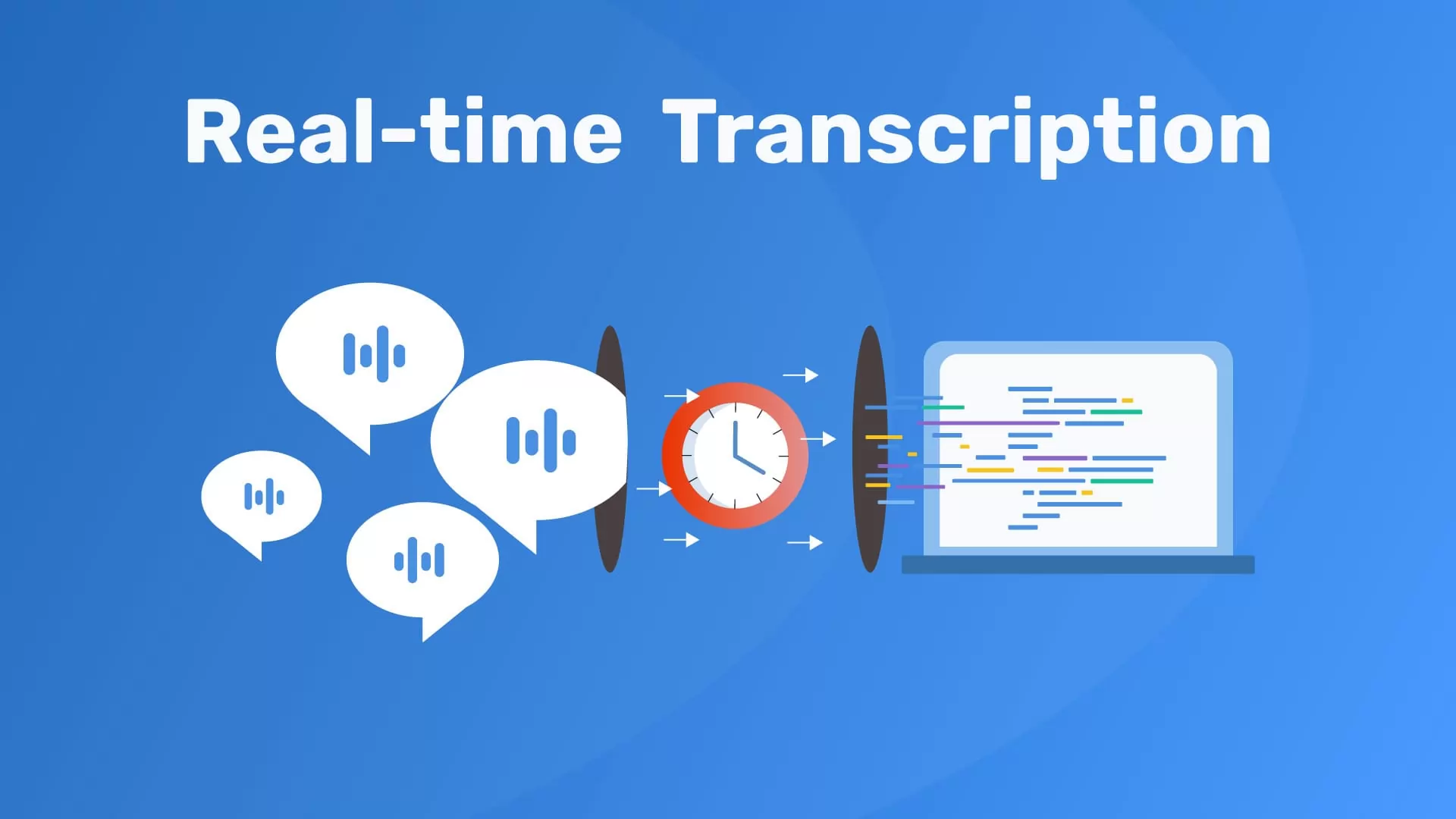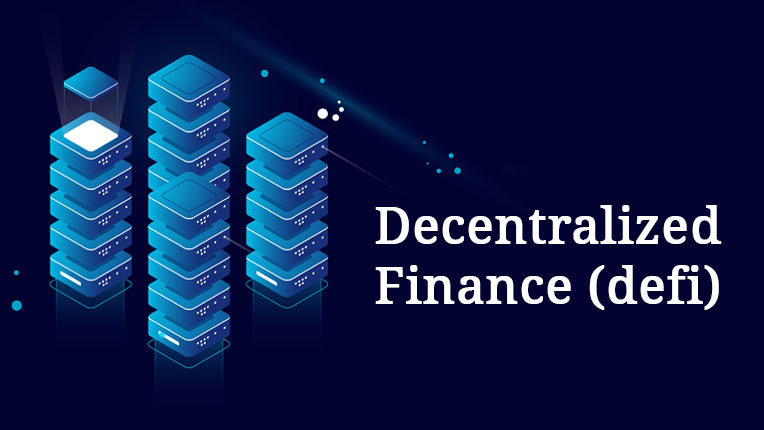Smart Contracts’ Importance in Decentralized Finance Development
Smart contracts drive Decentralized Finance (DeFi) technology, which has led to an increase in the popularity of DeFi smart contract development. Smart contracts are becoming more extensively used since they benefit both entrepreneurs and consumers.
The process of establishing, auditing, and deploying a smart contract that automatically delivers decentralized finance services without the need for a central authority is known as smart contract development for DeFi development. It reduces the time it takes for decentralized financial transactions such as lending, investing, insurance, and banking to be completed.
A smart contract is a set of pre-defined automated code lines that a buyer and seller agree to for a certain activity. The contract’s functions are performed when the contract’s pre-defined conditions are met.
Smart contract creation is available as a stand-alone solution for decentralized finance services from a variety of service providers, including smart contract development and audits.
Let’s start with today’s issues and see how the digital promises of intelligent contracts can help us solve them.
The advantages and disadvantages of centralized planning are as follows:
Smart contracts can help centralized financial organizations become decentralized. It overcomes the following difficulties by making it decentralized.
• Only a few traditional financial institutions provide internet-based services.
As a result, the next generation of customers will not be interested. According to the Massachusetts Institute of Technology, bank digitalization can save 60-80% of expenditures.
• When it comes to funding, the most important factor is safety.
Customers are concerned about security breaches and frequent financial service failures. No single person or group of individuals may dictate the design because the system is based on Blockchain.
• Variables are impossible to regulate.
Natural disasters, government laws, and competition are all external elements that affect a financial organization’s performance. This tends to throw off the constancy of service delivery.
• Disputes
Because of its centralized form, traditional banking is prone to buyer-seller disputes. Conflict is exacerbated by constantly changing regulations, fraudulent operations, and a lack of organizational resources.
Smart Contracts: What Are They and What Do They Mean in DeFi Digitization? Smart contracts are digitized lines of code. DeFi protocols can now be utilized completely online as a result. It saves both businesses and consumers money.
DeFi smart contract software is regularly tested to ensure that it complies with industry standards. After a buyer and a seller agree on a code, it is impossible to modify it. As a result, both the firm’s and the clients’ concerns are soothed.
External factors: Everything is taken into account by the automatic system. External effects have no effect on the financial services provided by DeFi protocols.
Disputes: Smart contracts prevent the potential of a buyer-seller dispute because the use of an intermediary is prohibited.
Fees: Because smart contract-based DeFi protocols do not rely on third parties, the cost of activities is generally minimal.
There Will Be No Interference: Because there will be no human interference, procedures will be as accurate as possible. The entire technique is mechanized for speed. As a result, manual labor is virtually non-existent, and performance is far superior to that of traditional services.
Compound: The cryptocurrency currencies BAT, DAI, ETH, USDC, REP, and ZRX are among the cryptocurrency tokens supported by this Ethereum-based automated system. The compound interest rate is not fixed. Interest rates rise as borrowers’ demand rises and fall as the amount of money that may be borrowed rises, depending on market conditions.
Makers: Dai stablecoin is a popular synthetic among the DeFi community. It’s an Ethereum-based platform as well. Users can borrow DAI (which is pegged to the US dollar) in return for ETH.
Synthetix: It is a decentralized issuance platform that allows users to create synthetic assets such as fiat currencies, derivatives, and cryptocurrencies.
Uniswap: It is an Ethereum-based decentralized solution for machine-driven liquidity provision. The Uniswap mechanism rewards liquidity providers with UNI, a governance token. It is used to participate in the governance of Uniswap as a voting right.
Dharma: It is a crowdfunding platform that has over 2,000 DeFi assets listed on its website. It provides customers with a non-custodial smart wallet. On Dharma, there are about 4 million token pairs accessible. Users make money by earning interest on their cryptocurrency assets.
Suffescom Solutions can help you with DeFi smart contract development. As a seasoned blockchain development company, we offer full DeFi solutions ranging from smart contract development to dApp development. Our experienced blockchain engineers and subject matter experts are familiar with your needs and can give you with the right solutions to help you meet your goals.
Request a free sample of one of our DeFi development projects, or speak with one of our subject matter experts about your specific company needs.
Also Read: https://easybusinesstricks.com/how-to-start-a-white-label-cryptocurrency-exchange-development/











